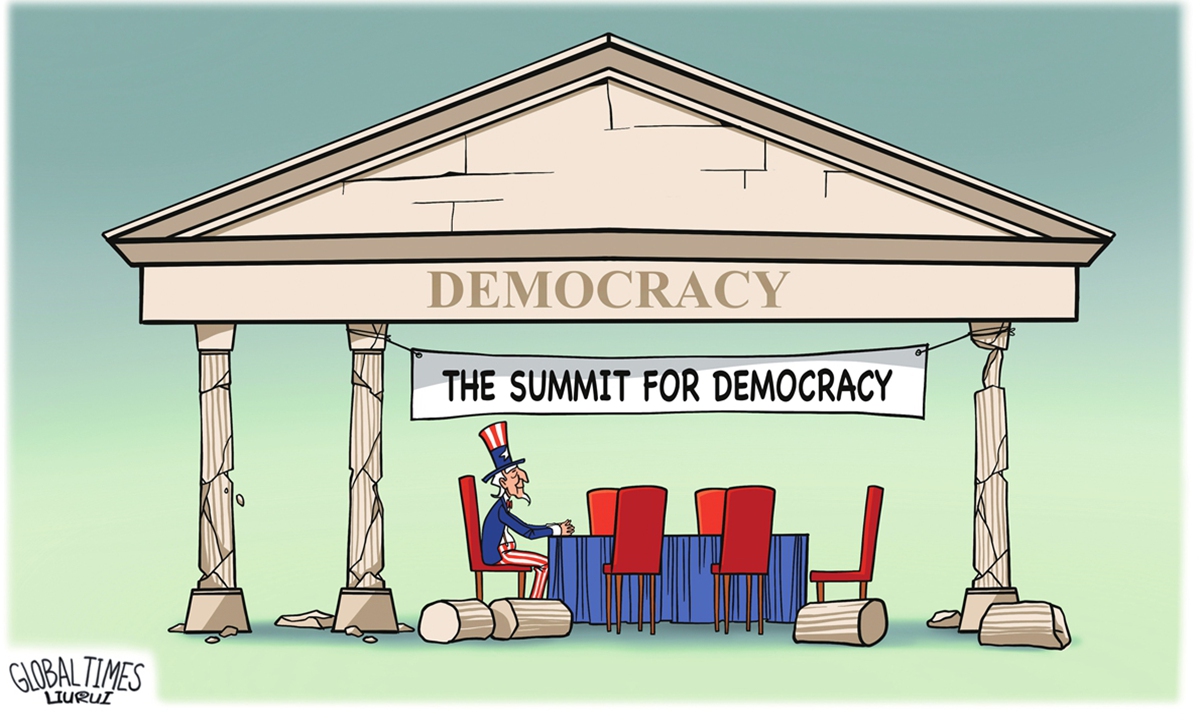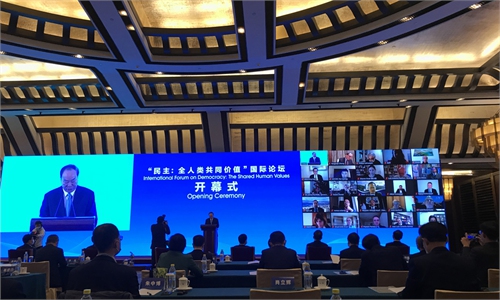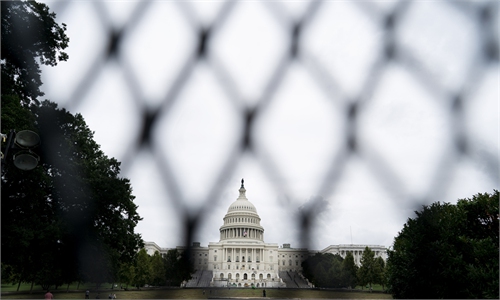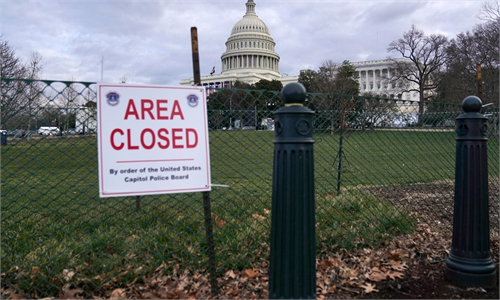
Is the US qualified to host the summit and define what democracy should be like? Let us look at what US Secretary of State Antony Blinken says about his country. He admits, "But the erosion of democracy is not only happening in other places. It's also happening here in the United States. Disinformation is rampant here. Structural racism and inequality make life worse for millions… Still, there's no question that our democracy is fragile. People around the world have seen that."
Indeed, Black Lives Matter, the storming of the Capitol, vehement exchanges of insults between democrats and republicans and the severe polarization of American society clearly indicate that US democracy is seriously sick. I do not mean to say that it is doomed to collapse tomorrow but it is questionable that a sick society can be a beacon of democracy. American democracy may be attractive for other nations only if it gets rid of its flaws. So far, one can hardly predict whether it is going to happen soon.
This strange selection of participants of the summit casts doubt on the truth of the proclaimed goals of the event. In reality, the goals of the summit are different. The first is to drive a wedge in the world community between those who the US regards as loyal and disloyal nations and to arrange a kind of crusade against those who do not share US values and policy. Both Russia and China are accused of being revisionist states aimed at breaking the Western rules-based order.
However, there are some questions: What are these rules? Where were they approved? Why were Russia and China not invited to approve them? Until now, we could not hear the answer to these questions. In fact, there are universally adopted rules. They are international law. Unfortunately, the US government is not willing to follow international law because it ties hands and limits freedom of action. According to the US administration there are two approaches to understanding democracy and the world affairs, namely the American and the wrong one.
Another goal of the summit is the US desire to reverse its decline as the world leader or hegemony. The holding of the summit is supposed to give impetus to the consolidation of like-minded nations to bolster the US leadership and to prevent the evolution of the multipolar world. The US and its allies are trying to hamper China in its rising. Besides, the US administration believes that Russia and other countries challenge the US dominance. Especially its dominance is in doubt if Russia and China combine their efforts to resist it.
Will the summit affect Russia and China? I doubt it. The significance of the event should not be exaggerated. The decisions or resolutions made there do not have any legally binding power. The participants will express their loyalty to the slogans that will sound at the event and will go back to their everyday business.
This US attempt to isolate Russia and China ideologically will not be as much effective as the host of the summit hopes. First of all, not so many nations truly share the US approach to democracy and foreign policy. They are more pragmatic and less ideology driven. What can Russia and China do in such situation? They should strengthen their bilateral relations in all fields including defense. Joint combat aircraft patrols are a clear indication of such trend. Besides, there is an opportunity for Russia and China to beef up their positions and international security by bolstering such entities as the Shanghai Cooperation Organisation and BRICS as pillars of the evolving multipolar world.
The author is deputy head of the International and National Security Department, Diplomatic Academy, Moscow. opinion@globaltimes.com.cn



